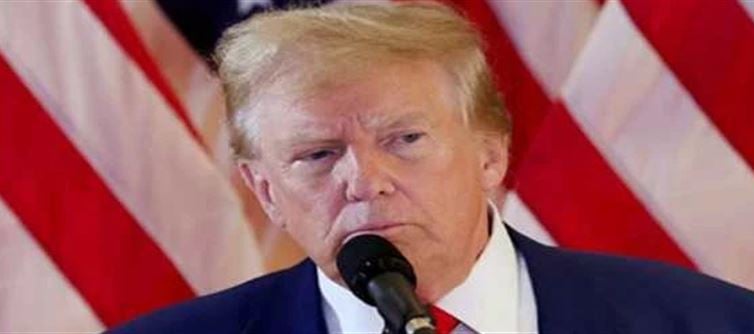
The US government defended its action by claiming that the situation in nepal is not as bad as it was in 2015, according to a Newsweek story. The TPS was first given to the nation in order to temporarily shelter its inhabitants following the terrible earthquake.
What is Temporary Protected Status (TPS)?
Under the Temporary Protected Status (TPS), foreign citizens from nations that have experienced armed conflict, natural catastrophes, or other exceptional circumstances are permitted to reside and work lawfully in the united states for a restricted amount of time. However, it merely confers temporary work privileges and does not confer citizenship.
Trump has continuously fought to remove TPS protections since assuming office, demonstrating his uncompromising opposition to immigration laws that provide shelter to vulnerable groups.
What now for Nepali Nationalists?
Approximately 7,500 Nepali nationals currently live in the US under the TPS. These people now have a deadline to depart the country or risk being deported by the US government as a result of the cancellation.
The Nepali community has been rocked by the decision, which has caused them to worry about their future. Soon after taking office in 2017, trump attempted to terminate the TPS for nepal, but he was unable because to of opposition from the US Immigration Department.
The present government, however, asserts that there is no longer any need for extending TPS protections because nepal has stabilized.
Wider crackdown
This declaration was made just two days after trump, citing fears about terrorism, slapped broad bans on citizens of 12 nations. Some countries, like afghanistan and Myanmar, have not yet responded, but chad has reacted forcefully by prohibiting U.S. people from visiting their country. As part of the diplomatic tensions, the leader of chad claimed that the country would not sacrifice its sovereignty or dignity for the united states, even bringing up a contentious gift from Qatar.
Targeting vulnerable communities globally, including in a country with a majority of Hindus like nepal, this most recent US action suggests an increasing crackdown on immigration. How will nepal and the rest of the world react to this brutal new reality?




 click and follow Indiaherald WhatsApp channel
click and follow Indiaherald WhatsApp channel